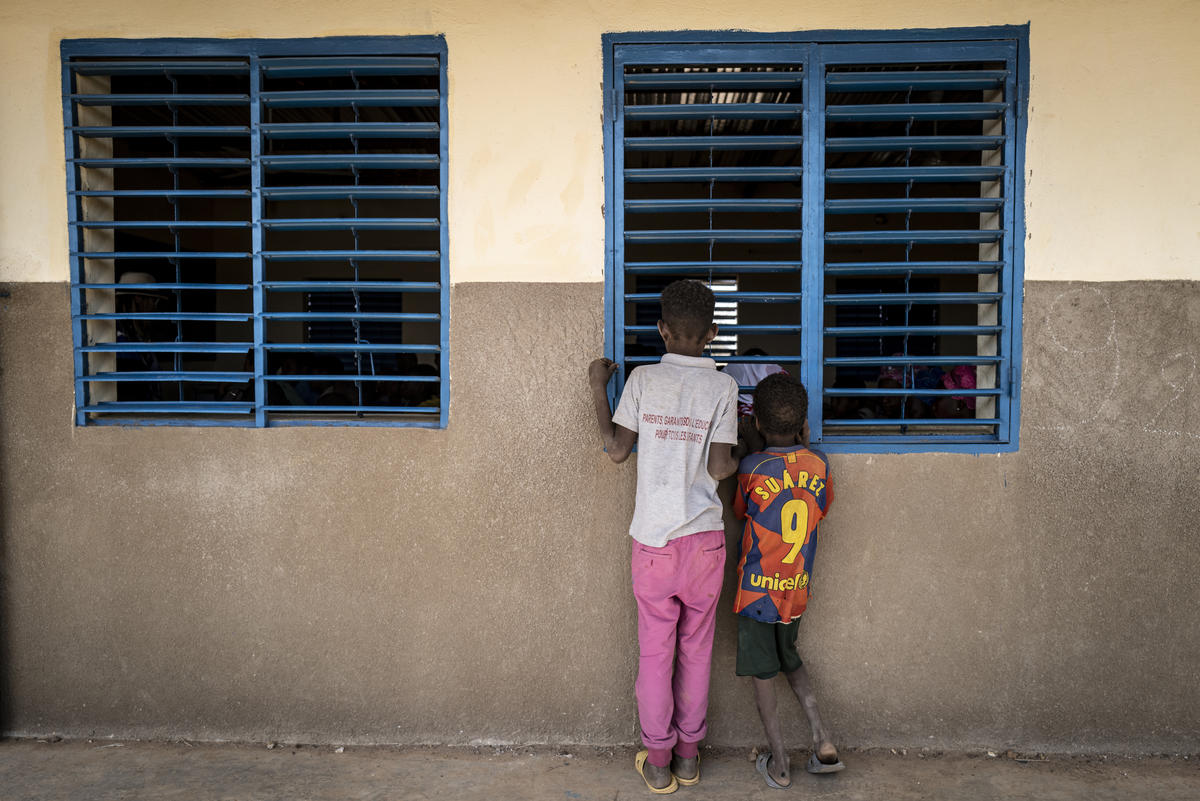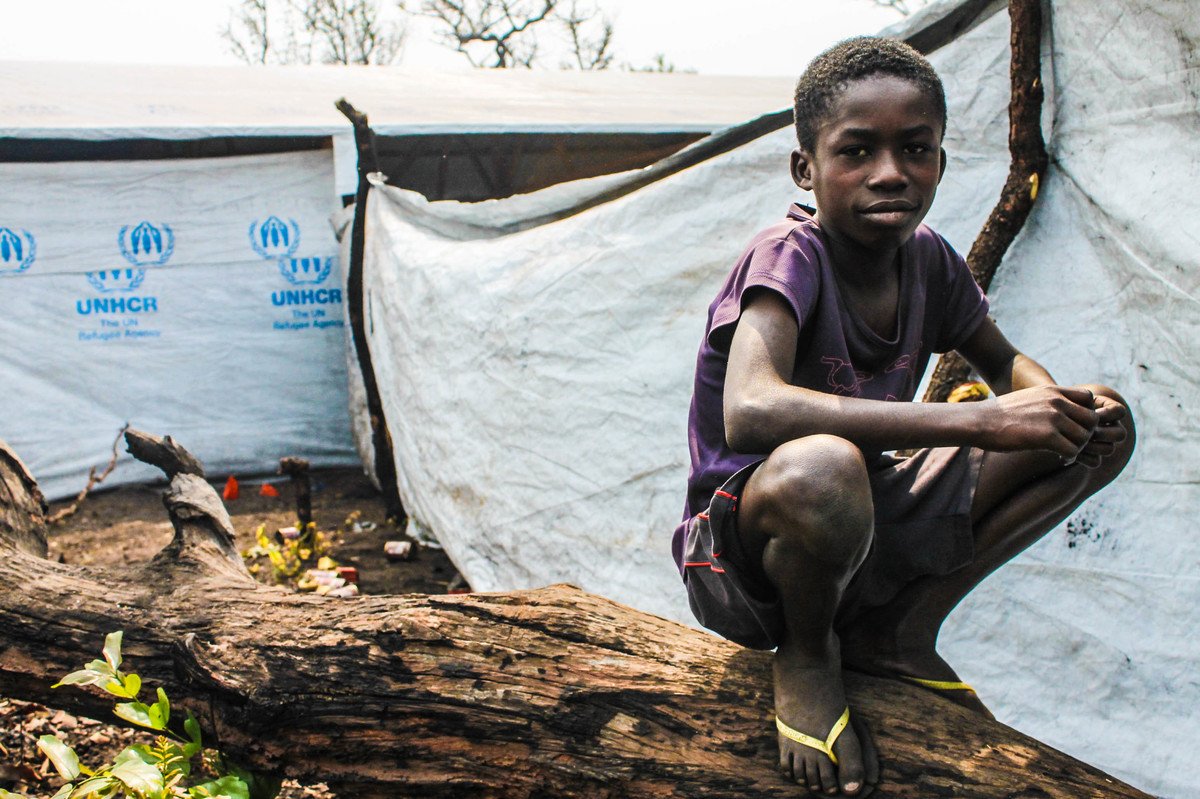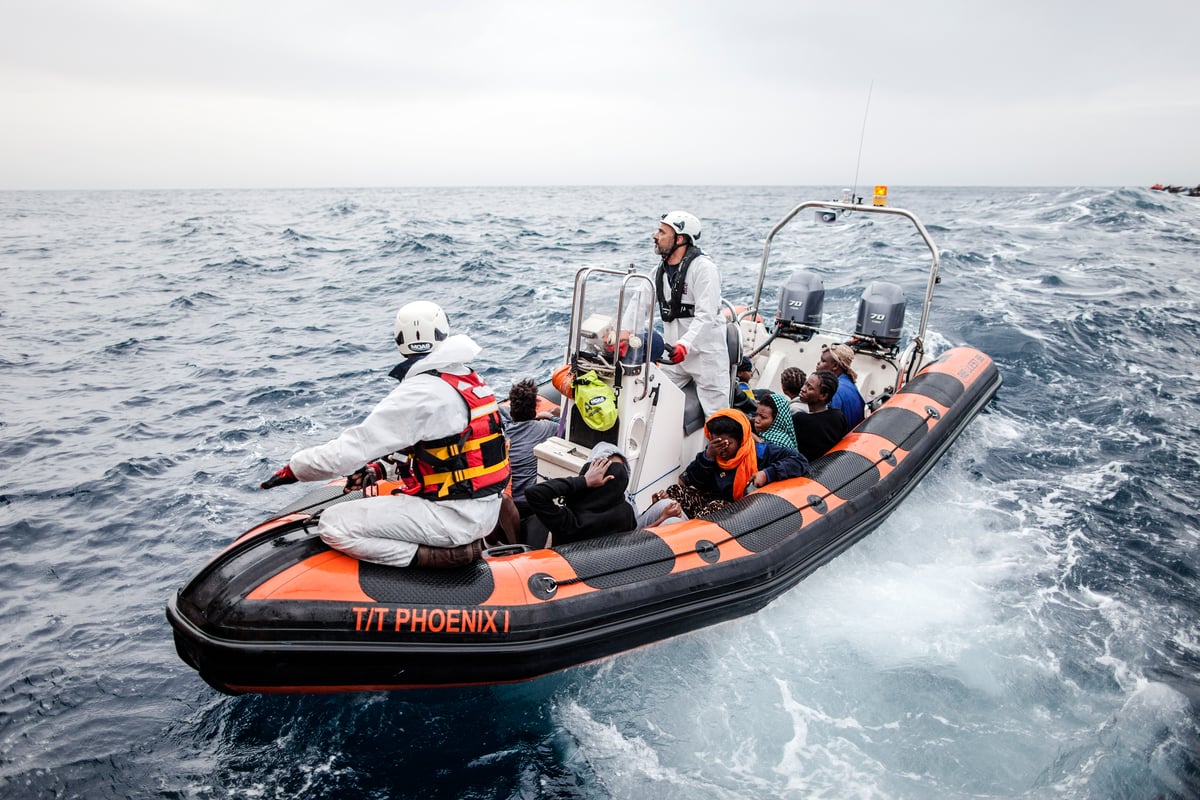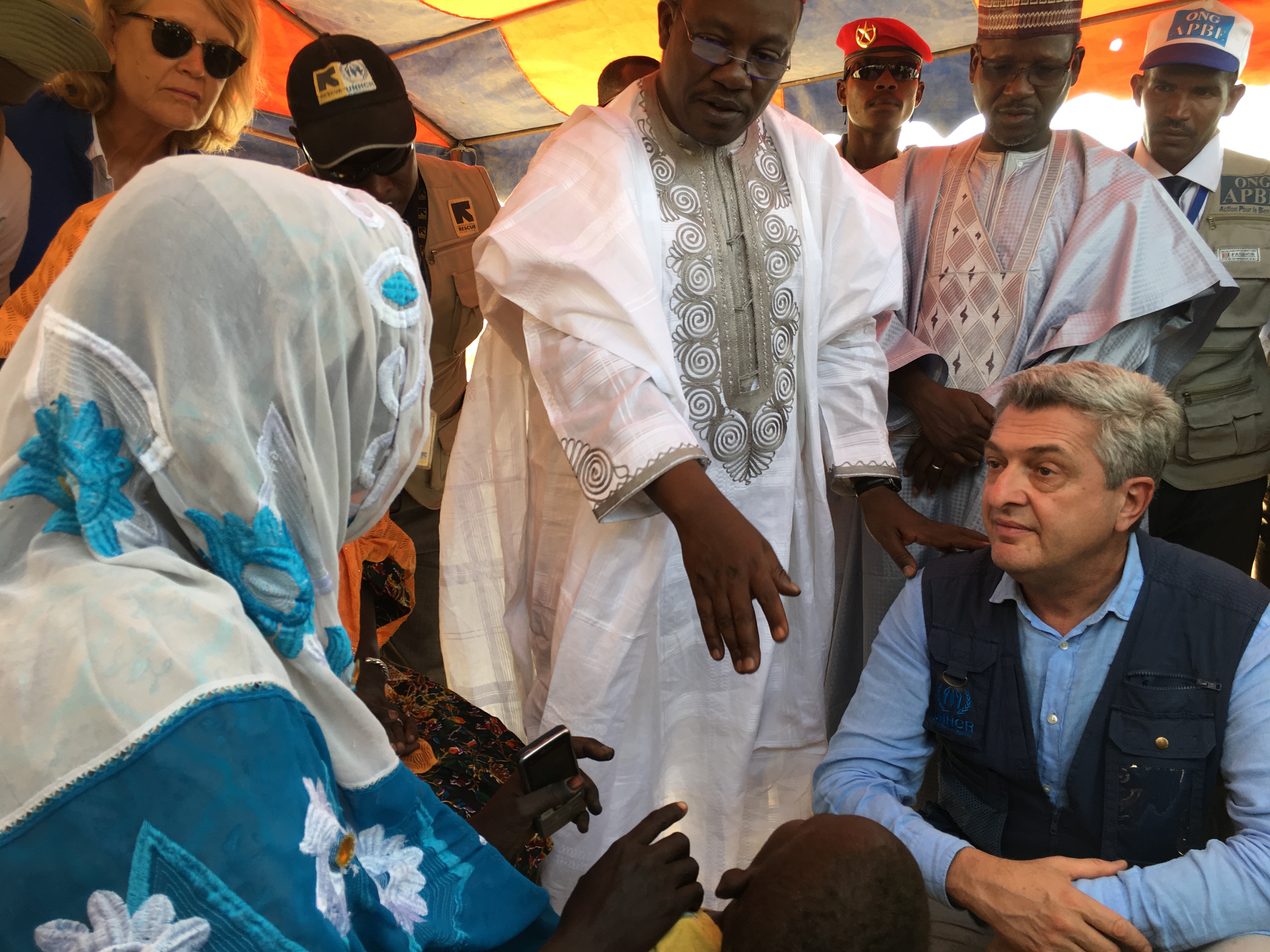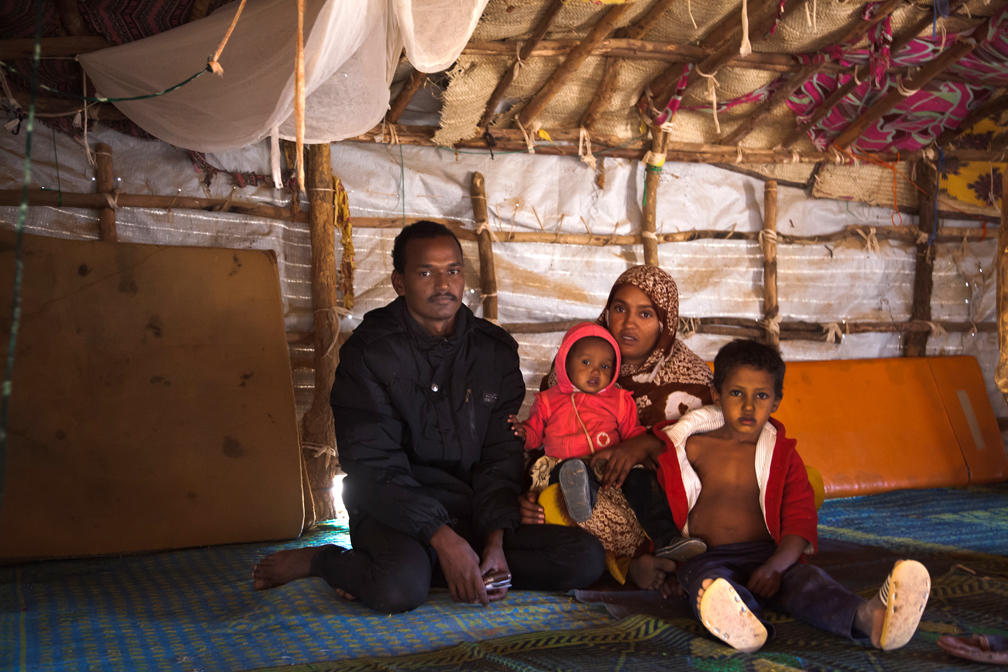A sinking feeling of déjà vu for twice displaced Mali refugee
A sinking feeling of déjà vu for twice displaced Mali refugee

MBERA CAMP, Mauritania, April 10 (UNHCR) - Ahmadou sometimes feels as though Mbera Refugee Camp has become a second home, but he's not happy about it. He spent five years here in the 1990s and now he's back, forced from his home by the conflict in neighbouring Mali and wondering how long he will be in Mbera this time.
The Malian government regained control of his home region earlier this year with French military help, but many refugees remain concerned about the situation there and are not willing to return, especially ethnic Tuareg who fear retribution. UNHCR is among those helping the refugees as they wait to see how the situation evolves in Mali.
"I first fled my country in 1991 and I returned home in 1996, convinced that I had nothing more to fear and that I could live there in complete safety," he told UNHCR. "In 2012, history repeats itself and I find myself in the same situation, if not worse off."
Tall, with piercing but kindly eyes, Ahmadou is an ethnic Tuareg community leader in the central Mali town of Léré, located about 60 kilometres east of the border with Mauritania. He heads a family of 17 people in Mbera, where he also represents the refugees in one sector of the big camp.
He's a natural leader, used to dealing with problems and solving them. But strong as Ahmadou is, he was powerless to stop the conflict from coming to his home area and disrupting the lives of those who look up to and rely on him. And in the end he and his kin also had to flee into exile for a second time.
Ahmadou still remembers vividly the first time he was forced to flee to Mbera, which is located about 60 kms inside Mauritania. Tuareg separatists in northern Mali rose up against the government in 1990, citing years of discrimination. In the forced displacement that followed, thousands of civilians fled to Mauritania and other neighbouring countries.
"There was a massacre in Léré, when people were killed because of their origin," Ahmadou recalled. "The day I discovered the bodies of men and women piled up in a common grave, I packed my belongings and headed to the Mauritanian border."
Ahmadou arrived in Mauritania in May 1991 and it was five long years before he was able to return to Léré with UNHCR's help. He then had to start from scratch and rebuild his life. "We had lost everything: our home, our animals, our access to water, everything."
With the help of humanitarian aid organizations, returnees rebuilt water distribution systems and returned to their old life. Ahmadou became involved in agriculture and construction. But early last year, conflict returned to Mali when Tuareg rebels in the north launched an offensive, capturing towns in north and central Mali including Timbuktu and nearby Léré.
"We fled, fearing reprisals [because Tuaregs were identified with the rebels]. The army was not making any distinction between civilians and combattants and we were caught in the middle," Ahmadou explained, adding that the uprising came as no surprise to many because the government had failed to honour pledges to develop infrastructure and basic services in the north of the country.
On his arrival in Mauritania, Ahmadou soon found his feet in the familiar surroundings of Mbera Camp. He also found many old friends who had arrived with him in 1991 and stayed in the Mbera area. And, after a year here, he has no plans to return either.
"People continue to arrive every day in Mauritania and I'm sure they will continue to arrive for many more months," he predicted. "The security situation is bad and the desire for vengeance is still very strong. We can't go back in this atmosphere. I need to think hard about when to return this time; I don't want to become a refugee for the third time."
Ahmadou added: "Nobody wants to become a refugee. If I possible I would not spend a single night here, but I will only return when the security conditions are right and my rights as a citizen are respected."
Since the beginning of the French-backed military intervention in Mali last January, Mauritania has received 21,600 arrivals from Mali, the majority of whom are women and children. In late March, Mbera refugee camp was hosting more than 75,000 Malian refugees. Mauritania shelters more refugees from Mali than any other country.
By Dalia Al Aichi in Mbera Refugee Camp, Mauritania

